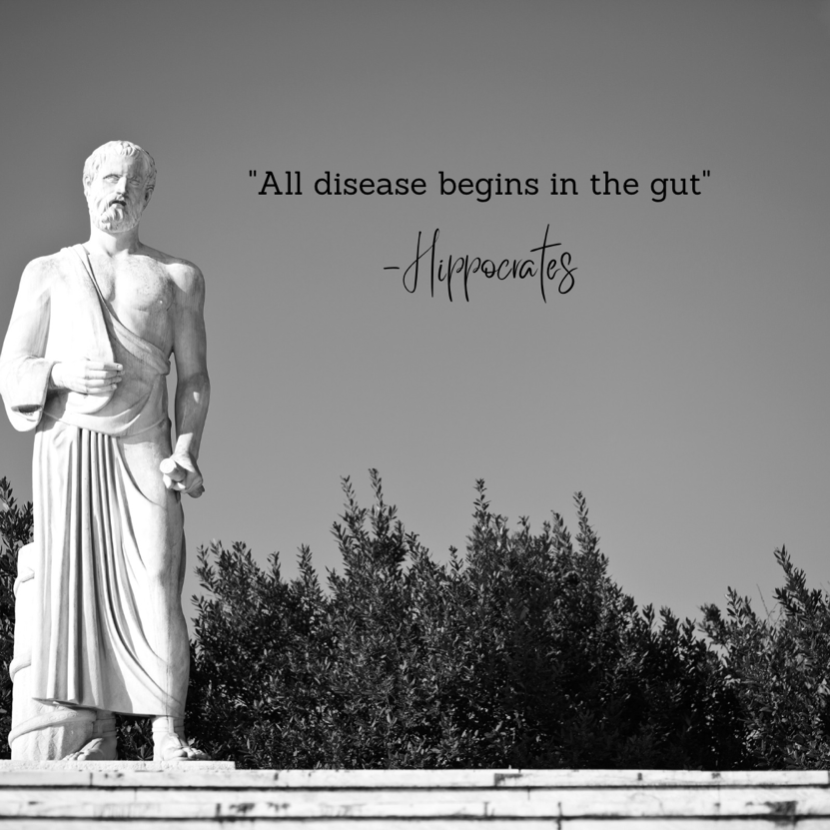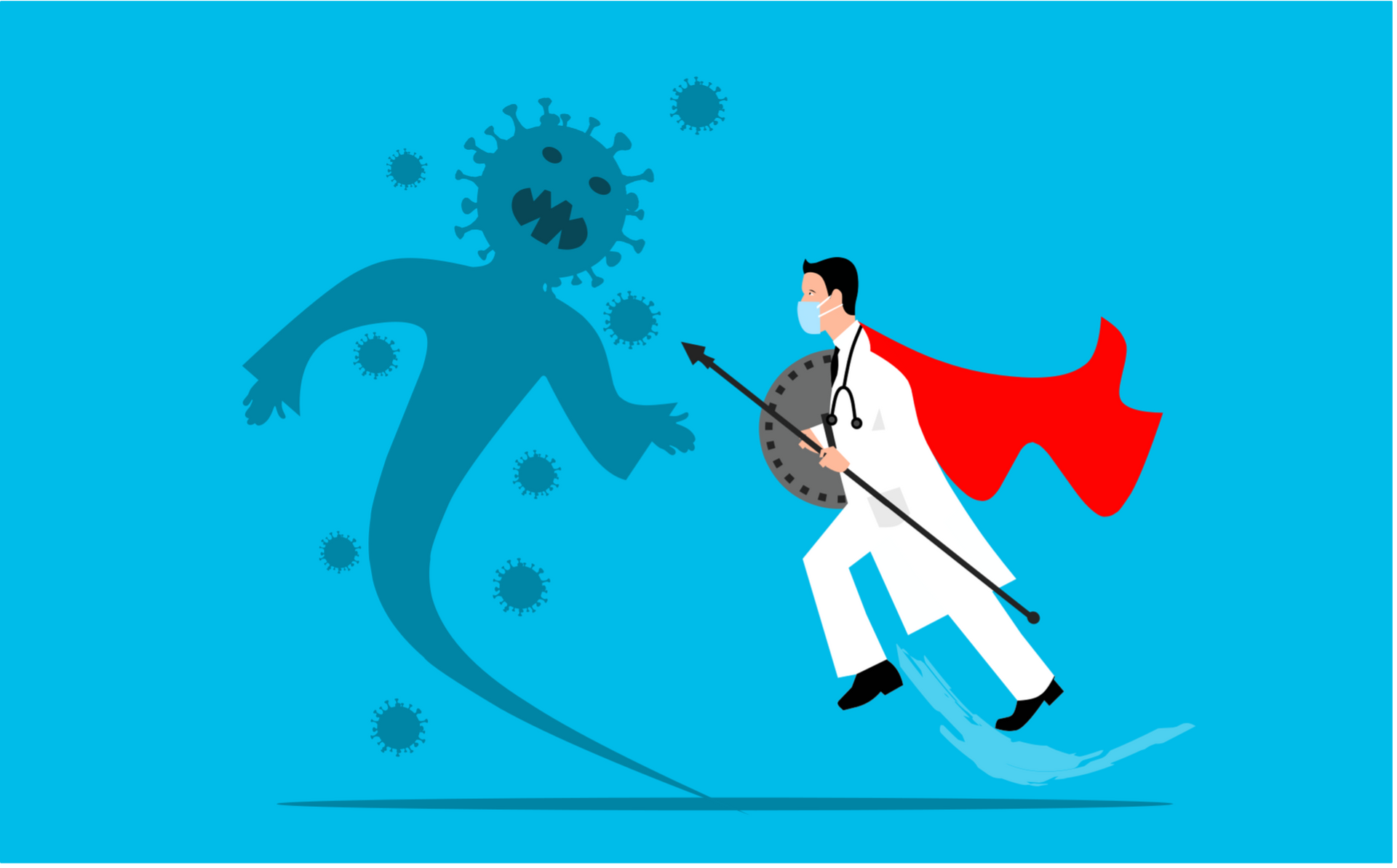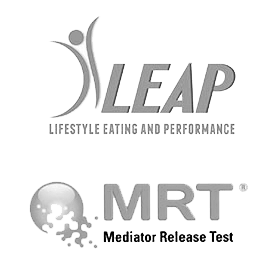The connection between irritable bowel syndrome and anxiety
Do you have IBS, have tried medication that didn’t work, and have been told that ‘it must be anxiety’? Have natural remedies been proposed, such as therapy, mindfulness, exercise-but only when Imodium didn’t work? You aren’t alone.
Irritable Bowel Syndrome (IBS) is a chronic gastrointestinal disorder that affects up to 15% of the population in the United States. It is characterized by symptoms such as abdominal pain, bloating, and changes in bowel habits, and how they affect your quality of life. It is important to know that IBS is a WHAT but it is not a WHY.
While the exact cause of IBS is not known, research has suggested, in one of the many theories, that there may be a connection between IBS and anxiety. In this blog post, we will explore the evidence behind this connection and discuss strategies for managing both conditions.
The Connection Between IBS and Anxiety: What the Research Says

Numerous studies have found a link between IBS and anxiety, suggesting that people with IBS are more likely to experience anxiety than the general population. A study published in the Journal of Gastroenterology and Hepatology found that anxiety was more prevalent in patients with IBS than in those without IBS. The study also found that anxiety was associated with more severe IBS symptoms. Similarly, a study published in the journal Gut found that anxiety and depression were more common in patients with IBS compared to healthy controls, and that these conditions were associated with more severe IBS symptoms and reduced quality of life.
Other research has explored the potential biological mechanisms that may underlie the link between IBS and anxiety. For example, a study published in the journal Clinical Psychology Review suggested that alterations in the gut microbiota, the collection of microorganisms that inhabit the gastrointestinal tract, may play a role in the development of both IBS and anxiety. This is one of many new studies that are beginning to focus on the gut microbiome and its relationship to IBS, anxiety, and many other conditions. This is not new to us practitioners in the functional space. In fact, Hippocrates said it first-

Additionally, research has suggested that stress and changes in the stress response system may contribute to the development and exacerbation of both conditions.
Thinking about this in everyday terms, if you feel stress/anxiety, or if your nervous system is on edge because of past trauma, your body is in a ‘fight or flight’ mode. When you went to hunt for food in the stone age, if you had to poop, it was a problem. Therefore, your body is biologically ingrained to hold it in or get it out-quick- so you can hunt that hippo. Sadly, our bodies don’t know that we are stressed because of a midterm or a kid in trouble at school, all stress is urgent diarrhea triggering hippo fighting stress.
Managing IBS and Anxiety: Strategies and Tips

If you are experiencing symptoms of both IBS and anxiety, there are a number of strategies that may be helpful in managing your symptoms. Here are some tips to consider:
1. Seek medical attention. If you have not yet received a formal diagnosis of IBS, it is important to see a healthcare provider to rule out other potential causes of your symptoms. Similarly, if you are experiencing symptoms of anxiety, it may be helpful to speak with a mental health professional who can provide a diagnosis and suggest appropriate treatments. Do not suffer with either of these conditions hoping they will go away. It is ok to ask for help, and remember, both are defined by how they affect your life’s QUALITY- you deserve a high-quality life.
3. Exercise if possible. Symptoms can get in the way of this, so you may only be able to do a seated arm workout at first. Again, form that habit. Exercise builds muscle which improves appetite and helps with both weight gain and weight loss by promoting an overall healthier body. Standard recommendation from American Heart Association is 150 minutes per week. This can be done 10 minutes at a time, isn’t that cool?
5. Consider medication. Of course there are many medications to manage symptoms of IBS and anxiety, but tackle on concern at a time. Anxiety is often related to past trauma, feeling unsafe, a chemical imbalance like depression, or other issues that are below the surface. Talk therapy and possible use of medication that treats the root cause (not just the symptoms) are the best ways to tackle anxiety because they give us tools to retrain our brain out of that pattern.
IBS has a root cause, as you will see in the next section. The right provider can get you away from the symptom management side and into the healing side eventually, but medication that manages symptoms can dramatically improve your quality of life with IBS while you are getting into it.
7. Get enough sleep. Adequate sleep is important for managing both IBS and anxiety symptoms. Try to establish a regular sleep routine and aim for 7-9 hours of sleep per night.
9.
Do not let someone tell you that this is just how your life is now. I and other functional practitioners like me have helped millions of people to heal from IBS by getting to the root cause. It is scary to get help, and it is very hard to leave a doctor and not take what they said at face value, but if you feel there is more than can be done, it is because there is. It just takes finding someone who has more time to dig into your case and unlock those keys.
2. Practice stress management techniques. Since stress can exacerbate symptoms of both IBS and anxiety, practicing stress management techniques may be helpful in managing your symptoms. Start with 10 minutes per day of something that seems do-able, like walking the dog in the early morning sunlight, or doing a 10-minute gentle yoga stretch class on YouTube. You are not going to wake up one day and suddenly be the kind of person who meditates, and that is just fine. All stress management takes practice.
4. Try an elimination diet for one month only. While there is no one-size-fits-all diet for people with IBS, some people may find that certain dietary changes can help alleviate their symptoms. The biggest mistake I see in my practice is that foods are eliminated, the person does not feel all that much better but they never bring foods back. By the time they come to me, there are 5 foods left and there has been a lot of weight loss, loss of muscle mass, and loss of quality of life.
One month, eliminate a few foods like cruciferous veggies, dairy, raw veggies, or sugar. Then, bring foods back one at a time in small amounts. You may be able to eat parmesan but not cream cheese, or cooked veggies instead of raw. Pay attention and keep your diet as broad as possible to get all the nutrients you can. Similarly, some people with anxiety may find that reducing their caffeine or alcohol intake can help reduce feelings of anxiety.
As a gut health dietitian, I tell my clients to practice 10 minutes at first for a month or so until it becomes a habit, working your way up to 20 minutes, 7 days a week.
6. Get support. Living with both IBS and anxiety can be challenging, and it is important to have a support system in place. Consider joining a support group for people with IBS or anxiety, or speaking with a therapist who can help you develop coping strategies for managing your symptoms.
8. Practice self-care. Taking care of yourself is important for managing symptoms of both IBS and anxiety. Consider engaging in activities that you enjoy, such as reading, spending time with friends or family, or practicing a hobby.
What are some things that cause IBS that can be fixed?
This is another post in itself, but mold, environmental toxins, childbirth, infection, trauma, stress on your physical or emotional body, toxins (unlimited amount of toxins around), adverse food reactions, and nutritional imbalances are all underlying conditions that mess up that balance of good gut bacteria and trigger IBS symptoms.

Conclusion
In summary, research has suggested that there may be a connection between IBS and anxiety, with anxiety being more prevalent in patients with IBS than in the general population. While the exact cause of this link is not known, research has suggested that alterations in the gut microbiota and changes in the stress response system may contribute to the development and exacerbation of both conditions.
If you are experiencing symptoms of both IBS and anxiety, there are a number of strategies that may be helpful in managing your symptoms, including seeking medical attention, practicing stress management techniques, making dietary changes, considering medication, getting support, exercising regularly, getting enough sleep, and practicing self-care.
Remember, managing both conditions may take time and patience. It is important to work with the right healthcare provider (usually a few of them) to develop a treatment plan that is tailored to your individual needs and to continue to prioritize self-care and stress management as you work towards managing your symptoms.
Reference List
1.Quigley EM. Irritable bowel syndrome and anxiety. Curr Opin Psychiatry. 2013;26(1):24-28. doi:10.1097/YCO.0b013e32835ab4ef
2. Ford AC, Talley NJ. Irritable bowel syndrome. N Engl J Med. 2017;376(26):2566-2578. doi:10.1056/NEJMra160754
3.Hunt MG, Moshier SJ, Milonova M. Brief report: an investigation of anxiety and depressive symptomatology in individuals with irritable bowel syndrome. J Clin Psychol Med Settings. 2018;25(4):391-397. doi:10.1007/s10880-018-9552-6







